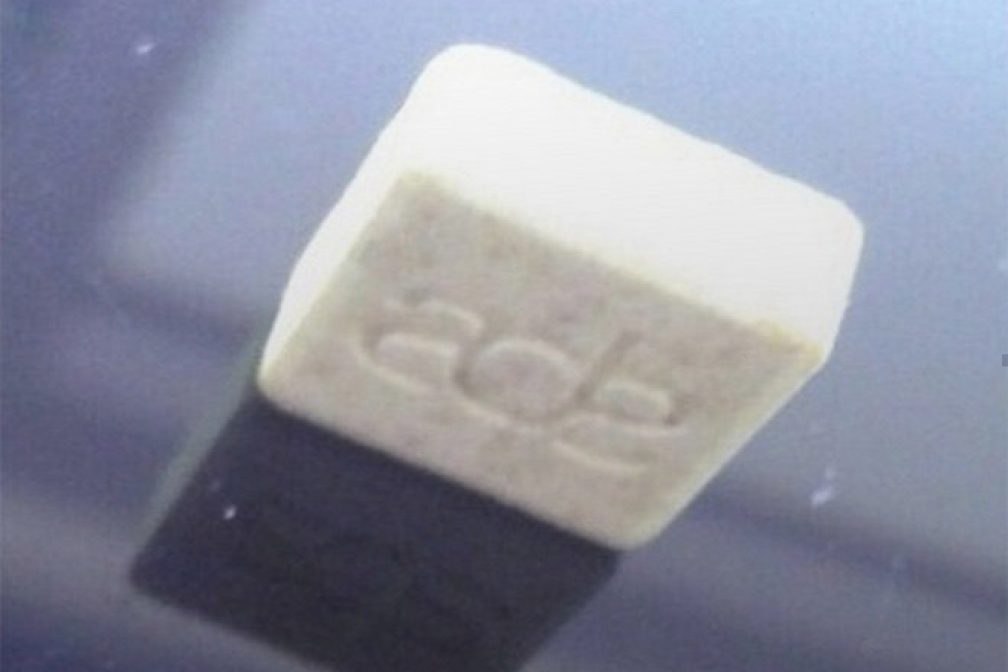Being found with drugs at ADE would still be treated as a criminal offence
The city of Amsterdam issued a statement denying previous reports
Partygoers at the Amsterdam Dance Event (ADE) will not face any punishment if they are caught with five pills or less.
While the limit throughout the rest of the country is one pill, this news follows the warning from health officials last week about a super-strong batch of ecstasy pills circulating in the Dutch capital.
The policy has faced criticism from Dutch political party Amsterdam VVD, with chairman Marja Ruigrok saying: "It is strange that we are so much more generous in Amsterdam in that policy. I find five pills too much for one person.
"You could perhaps be well off with just one. But we actually believe that you should not do it at all. It is dangerous, you do not know what it contains. It is forbidden."
The D66 political party, however, has backed the policy, taking the line that dealers should be targeted and users should be educated. Faction leader Jan Paternotte asserted: "You should help with that and make it possible for them to have their pills tested."
Precautions are being taken to ensure the safety of ADE revellers. People feeling unwell will be able to receive medical attention from onsite personnel without the fear of facing prosecution.
Drug centre Jellinek will also extend its opening hours and set up a city centre location where people will be able to have their drugs tested to ensure they are safe.
Update: The city of Amsterdam has issued a statement denying the reports that anyone found with under five pills at ADE, or any dance music event in the city, would not face prosecution.
Referring to health and safety measures in Amsterdam following an amendment to dance music event policy last month, the statement explained what would happen to those found with drugs.
"The Amsterdam policy for dance events was updated last June. It was drafted by the city of Amsterdam, the police and the public prosecutor's office, health services and the fire department, with input from organisers of dance events and other experts. The policy is founded on the notion that drugs are illegal and therefore not allowed at events. Every person that is found to be in possession of drugs is required to hand it in and will be removed from the venue. It is up to the public prosecutor to decide to press charges.
"Amsterdam recognises that drug use cannot be completely prevented. Therefore Amsterdam focuses its efforts primarily – and has done so for years – on harm reduction; trying to prevent serious incidents from happening by informing the public about the dangers of drug use, making drug tests available via Jellinek and the Adviesburo Drugs and by monitoring the drug market and issuing warnings when necessary.
"In Amsterdam, organisers of events are responsible for the safety and health of their guests. They are required to meet the standards set by the city of Amsterdam. Among other things, they are responsible for preventing possession, trade and use of drugs by searching all their guests at the entrance. They are also required to provide first aid teams and to supply their guests with free drinking water.
"The city of Amsterdam, the police and health services oversee if the organisers of dance parties take responsibility for their own event and fulfil the requirements. Extra officials are active during the Amsterdam Dance Event to monitor the situation at the 80-plus official venues of the event."
[Via: NL Times]

